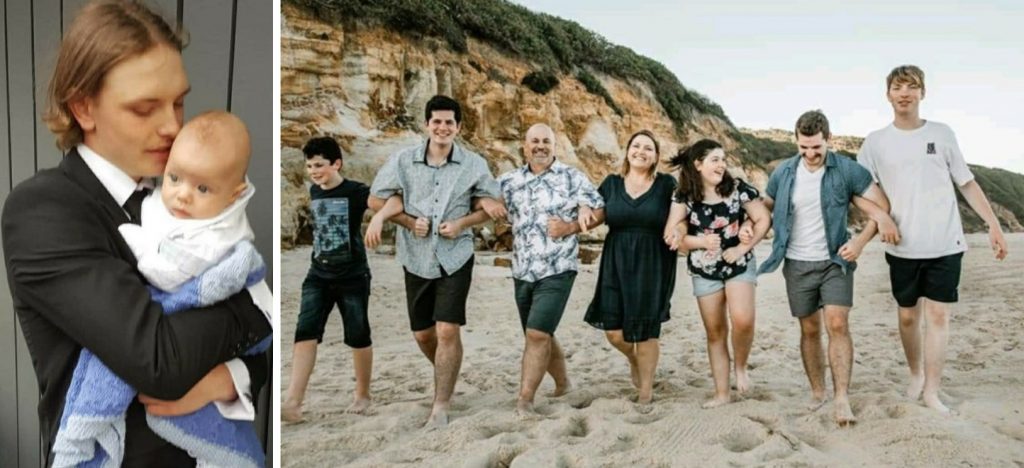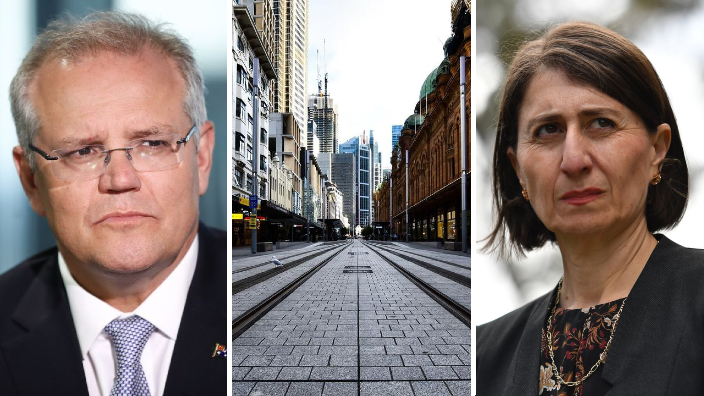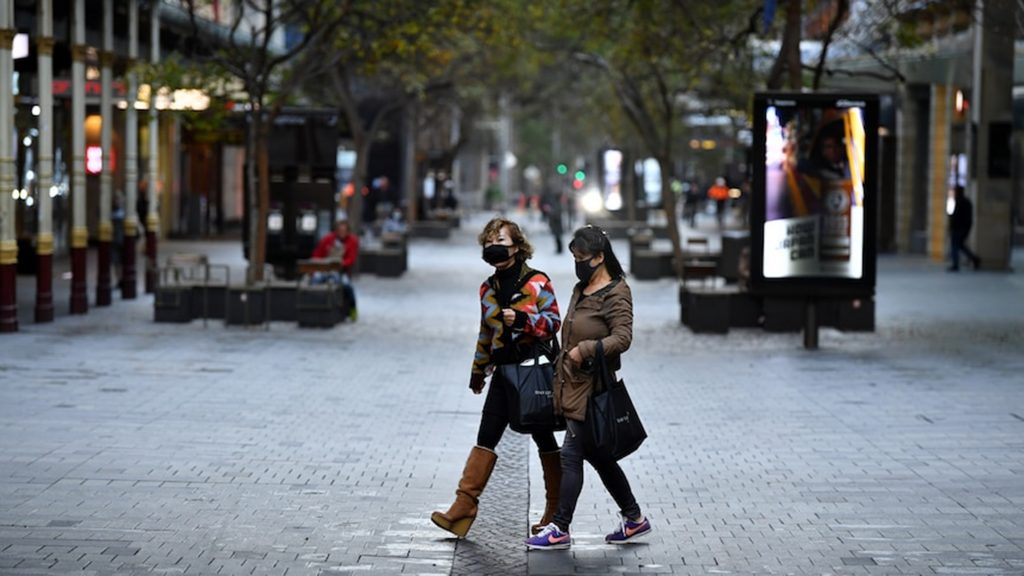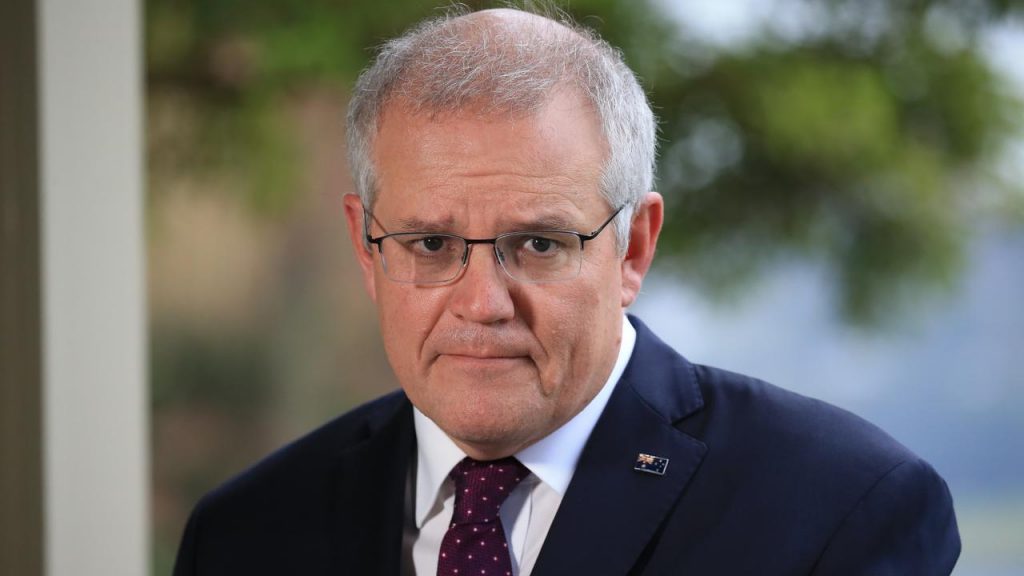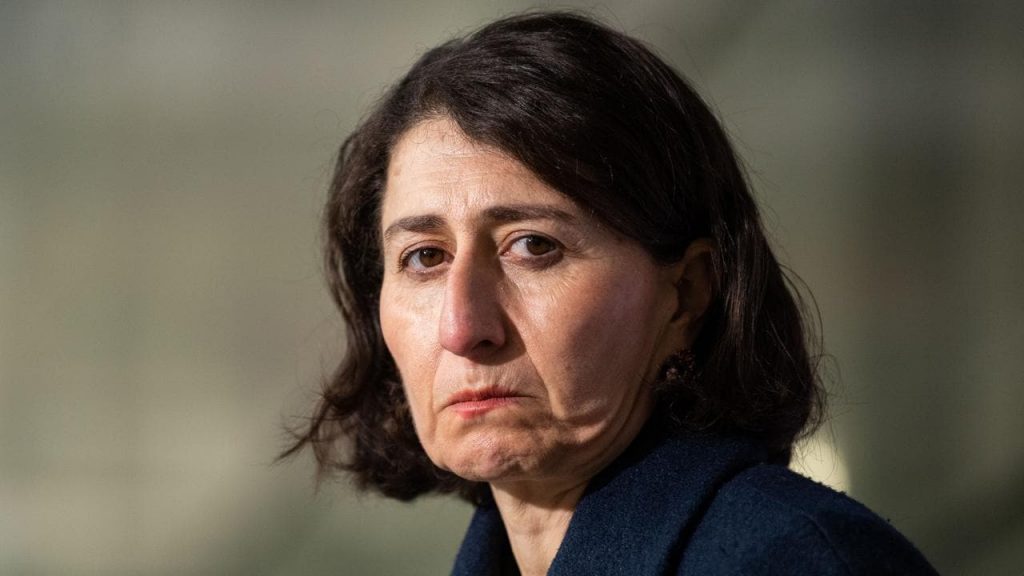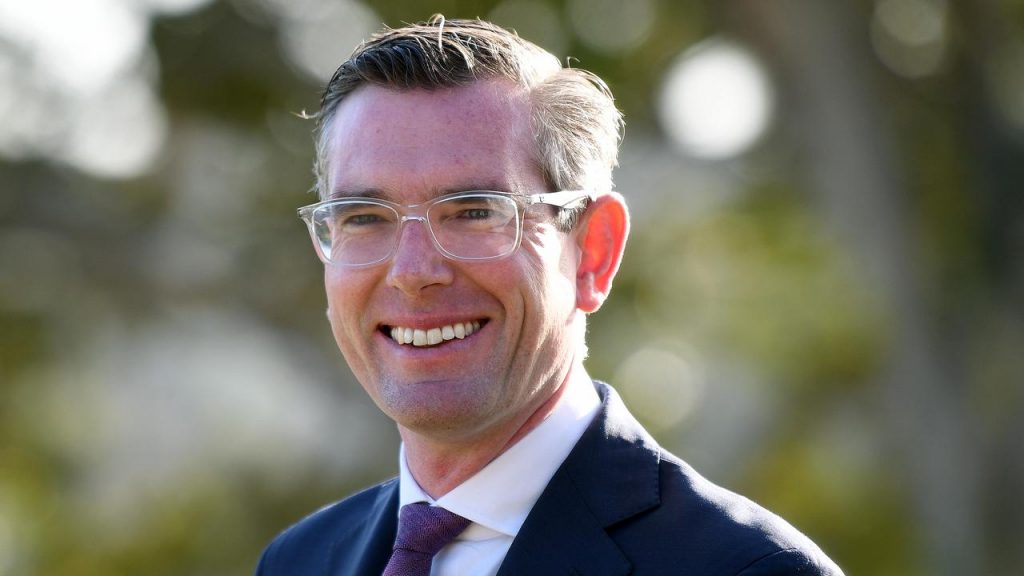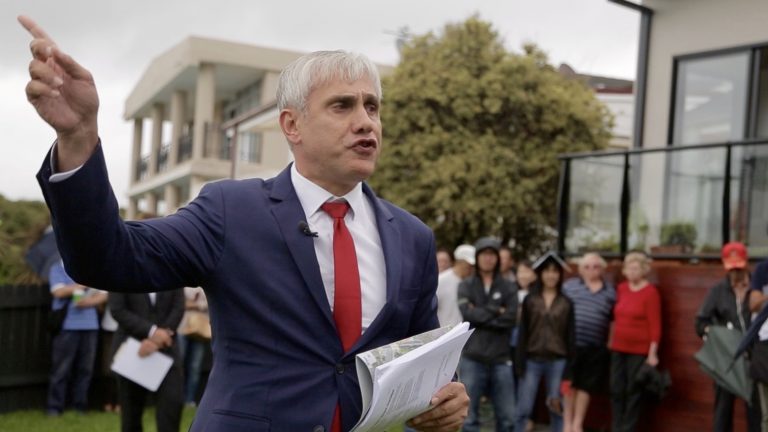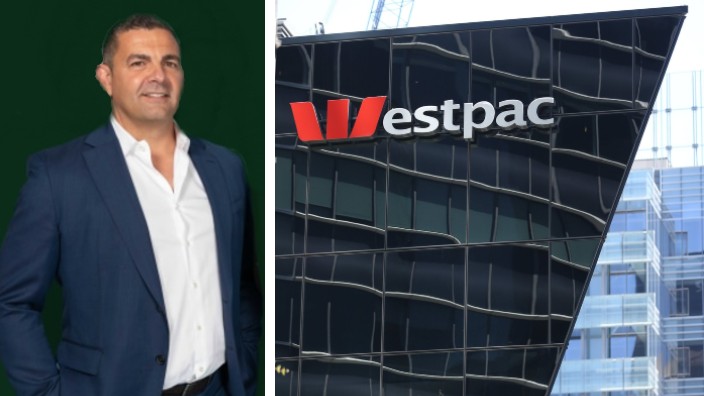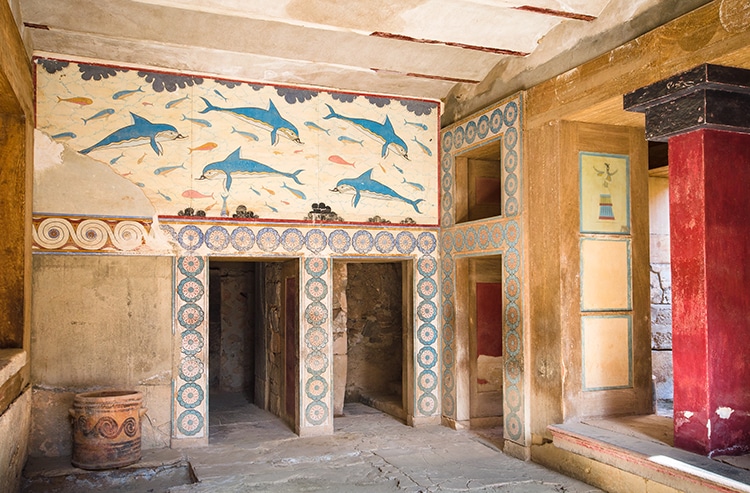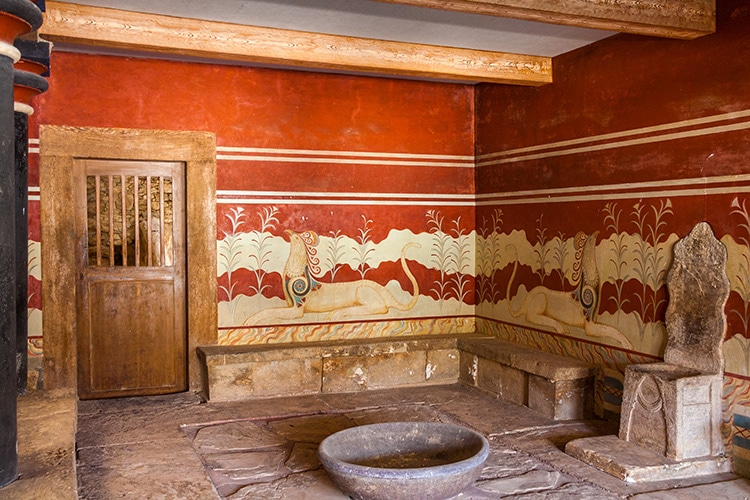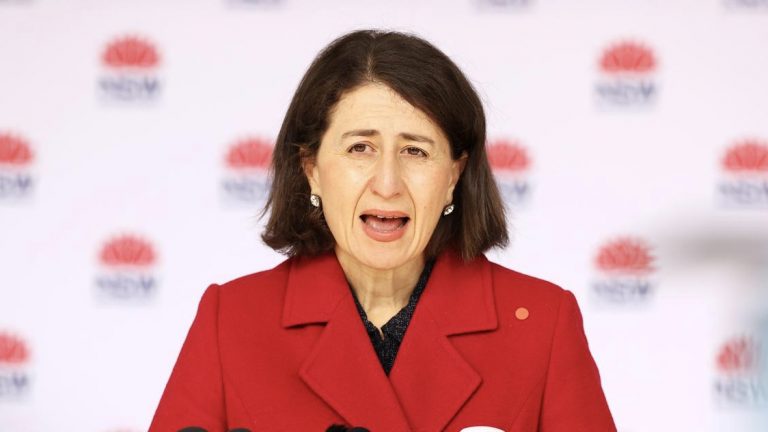From a very young age, Kirin Georgi says although she felt very Australian, she always knew deep down there was some Greek blood running through her veins.
“My mum always had this affinity with the Greek shop keepers in our area. She was always very friendly and they were always very accepting of her,” Kirin, who grew up in Canberra, tells The Greek Herald exclusively.
But it wasn’t until a man turned up to her family’s doorstep one day and asked about their family tree that Kirin truly found out the reality of her Greekness.
“When I was a little girl, the man… would come and talk to my mother about our family and family tree and they’d share letters that my mum would receive and that he’d receive,” Kirin explains.
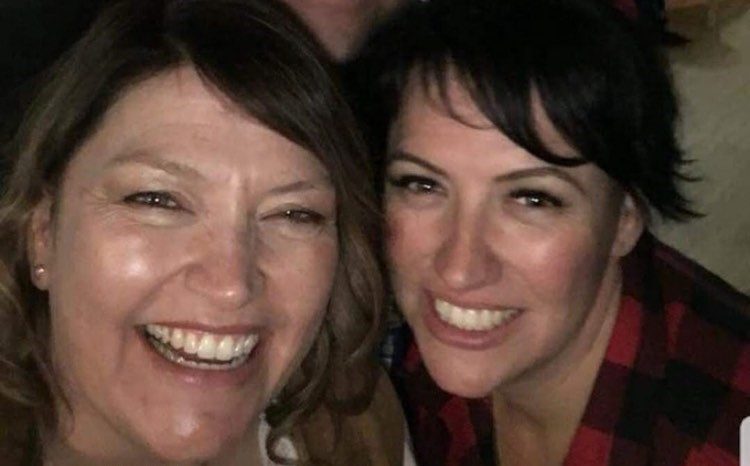
“His interest was finding the first Greek settlers and how Greeks came to be in Australia and why. So, between my mum, my dad and him… they came up with this family tree and he said, ‘this is where you sit and this is where you are’.”
The man was Hugh Gilchrist, former Australian Ambassador to Greece between 1968 and 1972, and author of Australians and Greeks Volume I: The Early Years, Volume 2: The Middle Years and Volume 3: The Later Years.
He told Kirin, her parents and sister Alissa, that they were descendants of one of the first Greek settlers in Australia, Gikas Voulgaris, through the maternal line.
Who was Gikas?
Gikas Voulgaris, who was also known affectionately as ‘Jigger,’ arrived at Port Jackson, Sydney, on August 27, 1829, on the British convict ship Norfolk. He, along with six other Greeks, had been convicted of piracy in the Mediterranean by a British court.

Once in Australia, Gikas was put into servitude with the colonial secretary until his parole in 1835. Afterwards, he and one of the other Greek convicts, Andonis Manolis, decided to remain and settle in Australia.
Gikas became a shepherd in Braidwood and moved from place to place in southern New South Wales, always staying close to the Snowy Monaro district. By the 1860’s, Gikas had settled at a sheep-run in the Nimmitabel area between Bombala and Cooma, where he remained working as a grazier until his death in 1874.
Of course, Gikas left a legacy of five sons and five daughters with his wife Mary Lyons, who was a servant girl from Cork in Ireland. They were: Xanthe Anne Ghica, Catherine, William Nicholas, George, Helena, Mary Amelia, Henry Lyons, Elizabeth Jane, John Demetrius and James Manolis.
According to Kirin, she is linked to Gikas through James whereby, her great grandmother, Xanthe Eileen, was James’ daughter. Later, Eileen gave birth to Marjorie, Kirin’s grandmother, and then Kirin’s mother, Suellen, came into the picture.
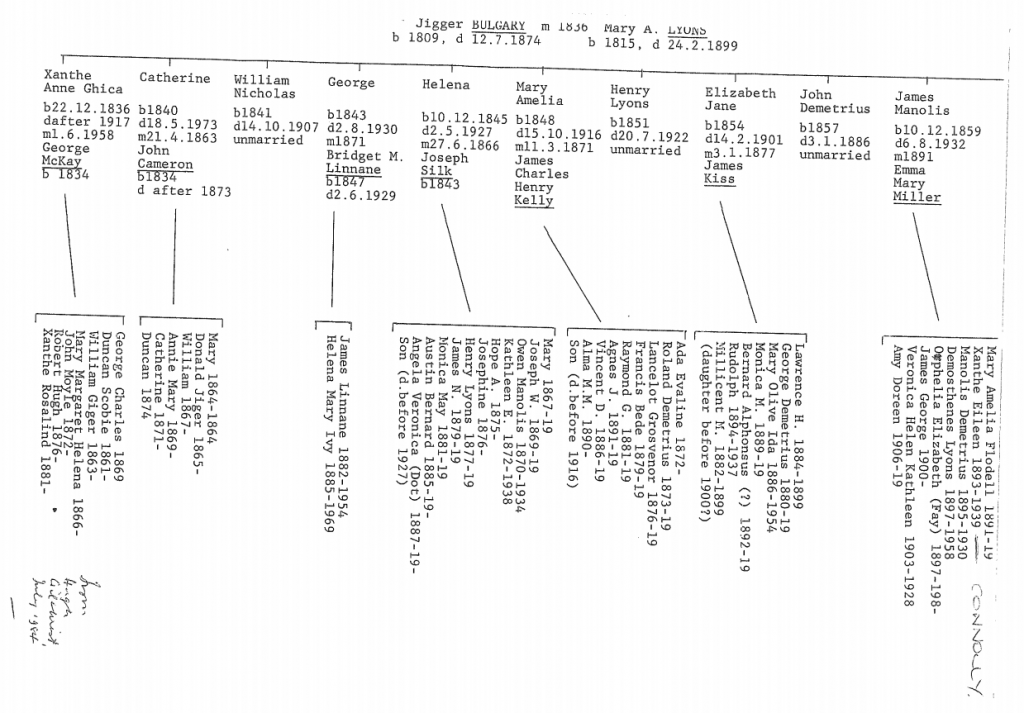
‘I am very proud of it’:
This link to Gikas is something which Kirin says she’s ‘very proud of’ and has a strong connection to because when she was first married, she followed in the footsteps of her ancestor and moved her whole family to Berridale. This small town is in the same Snowy Monaro district where Gikas spent most of his life and raised his own family.
“I actually made the decision to move out there and start a life, have a tree change. Once there, I took [Gilchrist’s] book and went on a voyage of discovery,” Kirin, who has three children, says.
“My father had taken me, about 23 years ago, into the Tinderry Ranges to Mary Lyons’ house, so I went there and found the farm and the reference points they talk about in the book. So that’s how I feel very connected to him because I feel very connected to that place.”
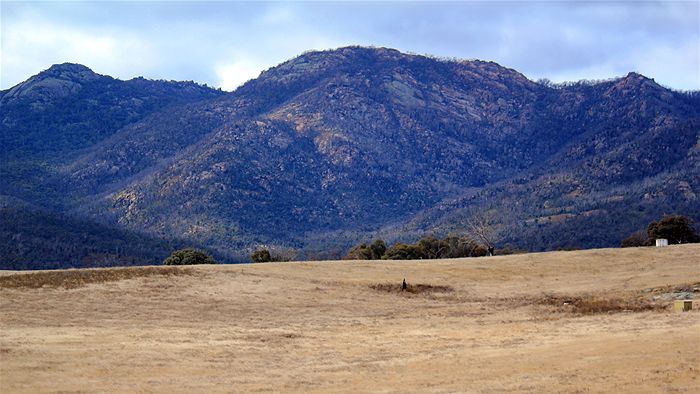
At the same time, Kirin built her family home in the Hilltop region nearby and even experienced the same cold, harsh winters that Gikas would have 100 years prior. This also strengthened Kirin’s connection to her Greek ancestor.
“It was a very deliberate decision that when we built our house, one side of the house faced the mountains and the other overlooked the plains. It was quite high and you could see out to the Monaro plains. For me, that felt like home,” Kirin says.
Although Kirin has since moved to Melbourne, she clearly still has fond memories of the small town and in fact, her daughter, son and grandson, Ollie, are still living in the Snowy Monaro area. Her son also works in a Greek restaurant called ‘Ela Messa’ in Jindabyne.
“For me, knowing that Gikas’ descendants are still being born and living there is the icing on the cake,” Kirin concludes with a smile on her face.
